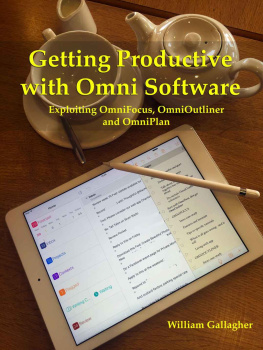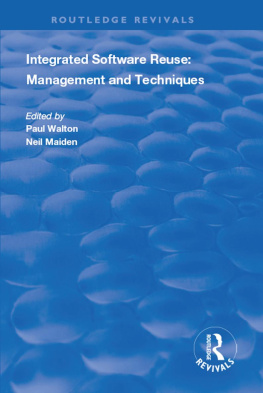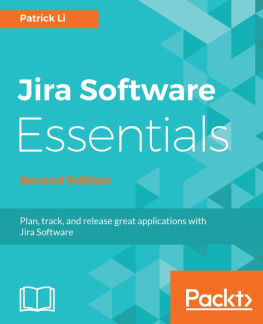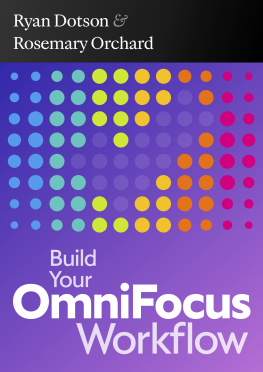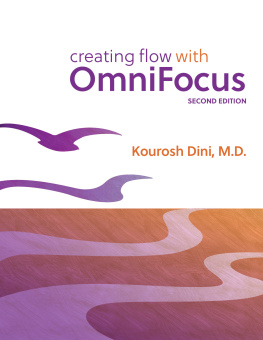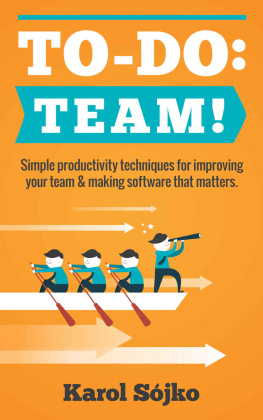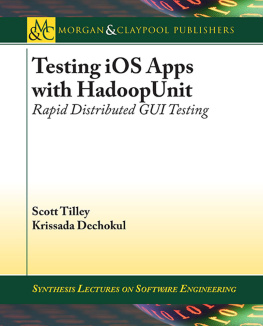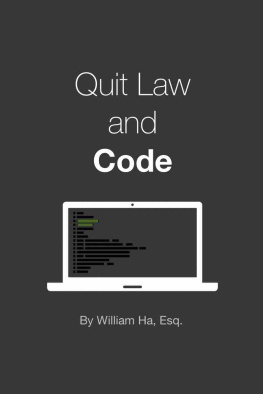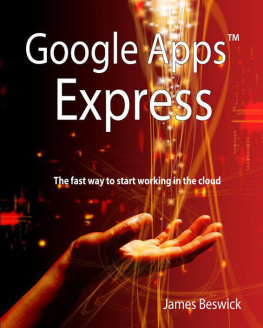Introduction and important Disclaimer
I was having a discussion about productivity, as you do, when I mentioned that I had a way to do a particular thing. I can't even remember what thing was but I can distinctly remember the slight pause that followed and someone saying to me: "Is it Omni again?"
There's no denying it even if I wanted to: I am a fan of the Omni Group's software. That doesn't mean there aren't parts that I think are dead wrong, it doesn't mean that I believe this stuff is useful for everyone, but it does mean that the enthusing you're about to read is real. I can no longer say that the Omni Group has never heard of me as I did interview one of them, but they'll have forgotten that by now and there isn't a word in this book that they've vetted or paid for.
Even as I know that OmniFocus, OmniOutliner and OmniPlan are not right for everyone, I also know that when they are right, they are extraordinary. I hope they work for you, I want you to have the ignition this software gave me.
Nonetheless, before I get to things I want to tell you, theres something I have to. The Omni Group, OmniFocus, OmniOutliner, OmniPlan, OmniGraffle, OmniPresence and more are trademarks of The Omni Group company and I use them here only so you know what Im pointing at when I say these things are good. I am not endorsed by the company and apart from some brief contact with them on behalf of MacNN.com, they have never even heard of me.
Good, thats clear, then. Onwards. I've been a self-employed freelance writer since 1995 but from about 1999 to 2012, I might as well have been employed by the BBC. In fact for parts of each week, I was: for some budget reason there were periods where I was paid as staff for two or three days. But the reason I feel I might as well have been full-time staff is that I would be paid for so many days doing that, then I would freelance for the same part of the BBC doing something else the rest of the time. I worked out once that I was effectively being paid to work eight days a week for them.
It was fun and I liked it but it was also easy. In 2012, though, I lost it all in one go in one of the BBC's periodic budget cuts. I've been back freelancing since but really this illusion of having effectively one employer stopped in April 2012 and I was back to what freelancing should be about. I'm constantly looking for the next job, I'm dealing with many, many more companies, I'm having to get money in and having to be both a writer and a businessman.
Somewhere around June 2012, I was probably dealing with around 15 editors of different magazines and websites, plus I was pitching away constantly for all sorts of work, and I was trying to get several very long-term projects off the ground. Yet it was then, in the middle of all that, underscored by how little money I was earning, that my wife Angela Gallagher pointed out that I seemed lighter.
I was doing so very, very much more but I was enjoying it and metaphorically I was even dancing just a little bit. Part of the reason is that I spent too long at the BBC and I should've moved on years before so this was finally what I was supposed to be doing.
But the rest of it was OmniFocus.
Seriously.
This To Do app with the funny name and the comparatively high price tag is responsible for my having the creative time of my life and, yes, doing better financially than ever before. Let's not get carried away there, except about the creative part: the last four years have been incendiary for that. That's nice for me.
I want it to be nice for you, too. Right now I know that you are swamped and that things are overwhelming. You've got some stones in your stomach that mean even when something good happens or you achieve something you've strived for, there is still that other thing holding you back and soiling the sense of accomplishment. Yes, you've done this great thing but, huh, what's the point when you haven't done that other one yet?
I actually altered how I look at my way of working because of OmniFocus. I'm a 50-year-old British writer, I wince at sounding like an advert for software or that I'm promoting some Zen/Hallmark Card philosophy. But I did change and it was because of this software. I found OmniFocus hard to use at first and very quickly I was at the stage where I wanted to abandon it and go back to my previous To Do app yet couldn't because there were bits that were so much better than that.
I really found it hard. Later I wrote in a magazine here in the UK that "first OmniFocus destroys your mind, then it owns your soul" and I meant that as a compliment. I am now life-support-dependent on OmniFocus, although I have fallen off the wagon a few times and I do continually investigate alternatives, but again, the start was hard. That's one reason for this book: to hopefully get you over that hard start.
You may well find it all easy, though, and I'd be glad of that. The software is now easier to use than it was when I first tried it, for instance. But there's also that the real issue for me was that while OmniFocus is fine with regular To Do tasks, it was built to follow the Getting Things Done or GTD methodology and I hadn't heard of that.
If you haven't heard of it either, it's a clever system by David Allen and he wrote the best-selling book Getting Things Done. If you have heard of it and especially if you've tried that book and given up because of its intense corporate-speak writing style, let me recommend my own alternative: Getting Things Done on Macs and iPads is about this GTD system and specifically about how to exploit it on Apple hardware and software. OmniFocus comes up in that quite a bit.
I know that you're also an Apple user or at least thinking of becoming one because Omni Group software doesn't work on anything but Macs, iPhones and iPads. That's the thing that I've seen drive people away from it; people who are split across PCs as well as iPads give up trying to work OmniFocus into their lives because whatever you rely on, you need one system. One place that you put all your work and so one place that you go to get it back out again. If OmniFocus says you're done for the day, it has to be true and it has to always be true. There can't be some other stray task that you jotted down somewhere else because if there ever is, you will always have to go looking for it. You'll never know you've finished and that's crucial here: knowing when you need to work and when you don't.
I'm just saying in this book that your one trusted system can be a part of one trusted set of applications. I live in OmniFocus but I eat my meals with OmniOutliner and I often go to visit OmniPlan. If you know the Omni Group's range of software you'll notice that there's one missing here: I don't spend a lot of time in OmniGraffle. You will learn about that software in this book but not to the degree that you will the rest. It's these other three that are the backbone of my business and that I think can be of yours.
I've a lot to say and you're in a hurry but let me ask you to do something. Obviously I want you to read this book and quite clearly I want you to buy this Omni Group software and exploit it. But take your time over both. Even as you have all this pressure on you, take it steadily with the book and with Omni Group software. You could buy the lot in one go and when you've finished wincing over the cost, you'd not know where to start. Consequently, I want to begin with what these apps are and by telling you the best sequence to get them in.

